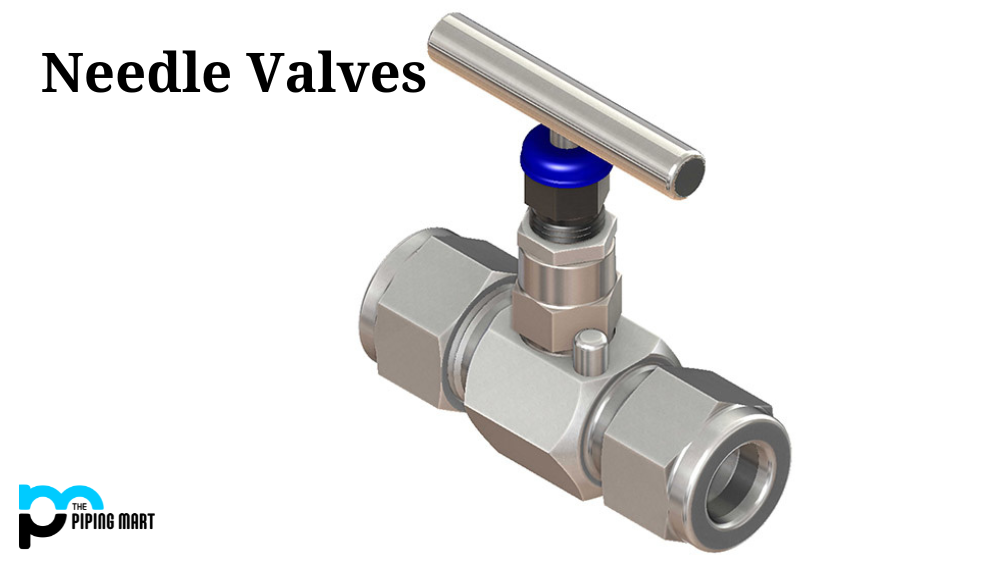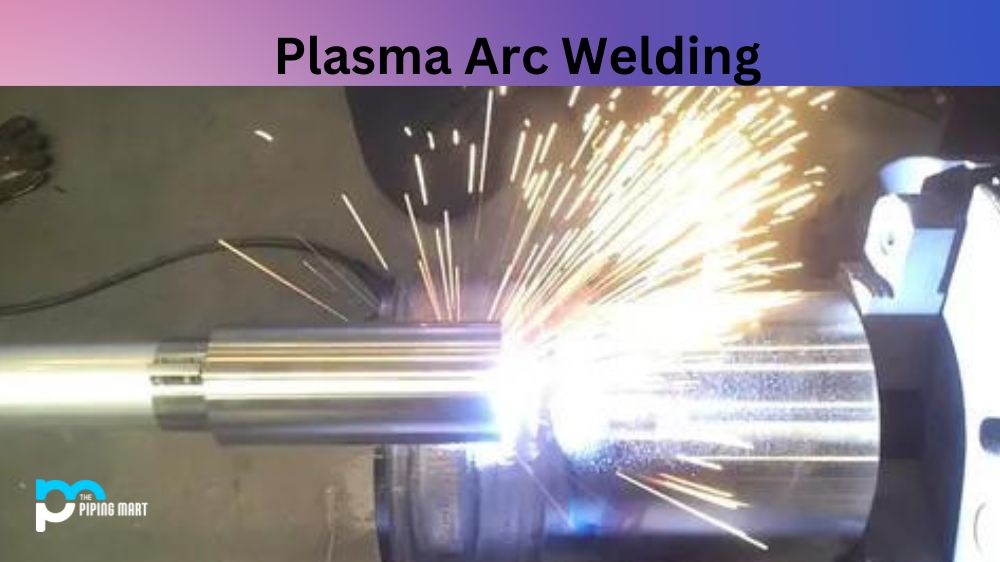Needle valves are often used in engineering and manufacturing due to their ability to regulate the flow of a liquid or gas flow. They have been around for many years and are used in various ways, such as controlling a system’s flow rate or pressure. Although needle valves have their advantages, some disadvantages should be considered before using them. Let’s look at some of the pros and cons of using needle valves.
Advantages of Needle Valves
One advantage of needle valves is that they can precisely control a system’s flow rate or pressure. This is very important when working with sensitive systems, such as in medical applications where precise pressures must be maintained to ensure safety. Additionally, needle valves provide accurate control over the flow rate, which means that engineers can design systems with exact specifications. Finally, because they are relatively small and simple to use, they can easily be integrated into existing systems without much difficulty.
More Precise Control
One of the primary advantages of needle valves is that they offer more precise control over fluid flow than other valves. This is because the needle in a needle valve can create a very tight seal, which allows for a much smaller opening through which fluid can pass. This small opening results in a much slower and more controlled fluid flow.
More Durable
Needle valves are also more durable than other valves, as they are less likely to be damaged by the wear and tear typically associated with use. The needle in a needle valve is also less likely to become corroded or clogged over time, further increasing its durability.
Easy to Repair
If a needle valve does become damaged, it is typically very easy to repair. In most cases, all that is required is a replacement of the damaged parts. This is in contrast to other valves, which may require complete replacement if damaged.
Can Be Used in High-Pressure Applications
Another advantage of needle valves is that they can be used in high-pressure applications. This is because the small opening created by the needle allows for very little fluid leakage, even at high pressures.
Cost-Effective
Needle valves are typically more cost-effective than other valves, as they are less likely to require replacement or repair over time. Additionally, needle valves are often less expensive to purchase than different valves.
Disadvantages of Needle Valves
Although there are several advantages to using needle valves, there are also a few drawbacks. One issue is that when used incorrectly, they can cause excessive wear and tear on other components in the system. This is especially true if the valve needs to be properly installed or maintained regularly. Additionally, if not sized correctly for the application, needle valves can cause an increase in pressure drop across the valve, which could lead to inaccurate measurements or even complete failure of the system. Finally, depending on what type of material it is made from (such as aluminium), these valves may need to stand up better against high temperatures or certain chemicals present in a system.
Limited Flow Control
One of the primary disadvantages of needle valves is that they offer limited flow control. It can be difficult to regulate fluid flow through the valve precisely. As a result, needle valves need to be better suited for applications where precise flow control is required, such as in medical devices or laboratory equipment.
Higher Pressure Loss
Another disadvantage of needle valves is that they tend to have a higher pressure loss than other valves. This means more energy is required to pump fluid through a needle valve than other types of valves. This can lead to increased operating costs and decreased efficiency in systems that use needle valves.
More Difficult to Automate
Needle valves are also more difficult to automate than other types of valves. This means that they are typically not used in applications where automation is desired or required. Automation can offer many benefits, including increased efficiency and reduced labour costs.
Can Be Difficult to Repair
Needle valves can also be difficult to repair if they become damaged. This is because the valve’s internals is very delicate and can be easily damaged when trying to disassemble the valve. As a result, it is often necessary to replace the entire valve if it becomes damaged, which can be costly.
Not Suitable for All Applications
Finally, it is essential to note that needle valves are only suitable for some applications. In particular, they need to be better suited for applications where precise flow control is required or where automation is desired or required. If you are still determining whether or not a needle valve will be suitable for your application, it is best to consult an expert before making a purchase.
Conclusion:
Needle valves provide a number of advantages due to their size and accuracy. Still, they have some drawbacks that should be considered before being used in any given application. It is essential to consider all aspects before deciding whether or not to use this type of valve; careful consideration will help ensure safe operation and successful results for any project involving needle valves.

A passionate metal industry expert and blogger. With over 5 years of experience in the field, Palak brings a wealth of knowledge and insight to her writing. Whether discussing the latest trends in the metal industry or sharing tips, she is dedicated to helping others succeed in the metal industry.




